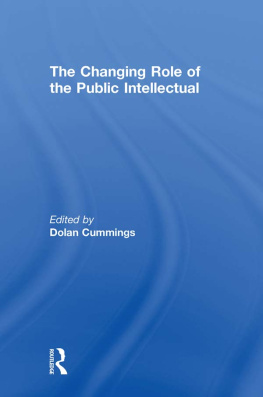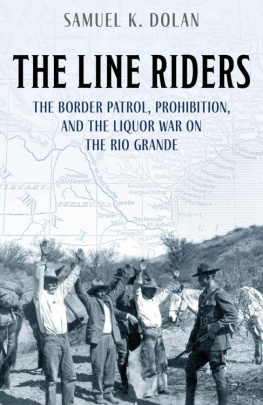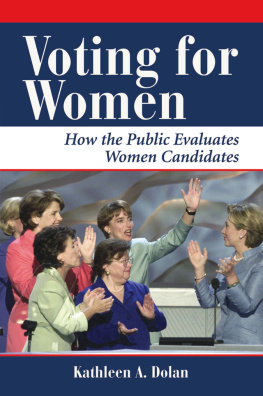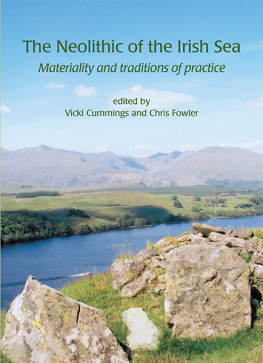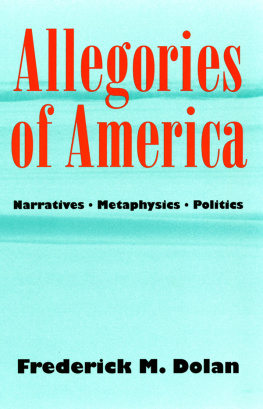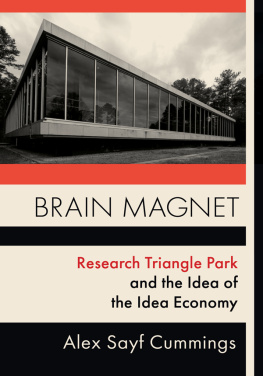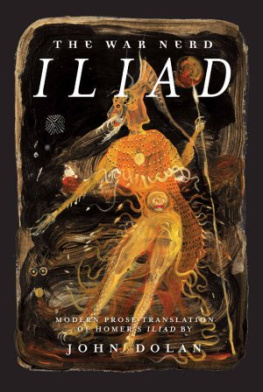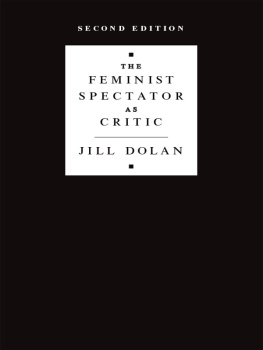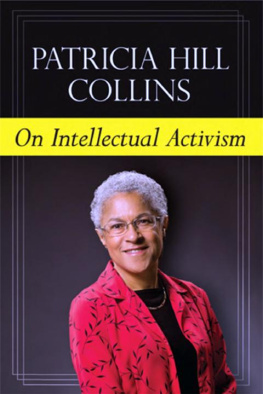THE CHANGING ROLE OF THE PUBLIC INTELLECTUAL
Ideas can define and transform society, but how healthy is intellectual life today? In a period when Big Brother refers not to George Orwell but to a reality TV show, and when bright young things are developing gameshow formats rather than scribbling essays; when thinkers join thinktanks to design short-term government policy rather than reflecting on and challenging the status quo, and when the ever growing number of graduates seem more interested in job prospects than academic endeavour, is intellectual life in terminal decline?
Whereas it has been contended that the public intellectual is in decline in our dumbed down, anti-political times, others counter that the expansion of higher education and the proliferation of media have simply democratised the world of ideas. This book examines the idea of the public intellectual, and considers the broader intellectual trends inside and outside the academy that determine the role of intellectuals in public life.
The first section of the book looks at the idea of the public intellectual, considering whether such thinkers are becoming an endangered species. The second section looks at the legacy of relativism and ethical doubts about the pursuit of knowledge, and the effect of such developments on intellectual life, and the final section considers the expansion of higher education and the changing role of the academic. A significant contribution to this debate, the chapters in this collection form a comprehensive overview of the intellectual climate today, and the possibilities for the future.
This book is a special issue of the journal Critical Review of International Social and Political Philosophy.
Dolan Cummings, Institute of Ideas, London is the editor of the Institute of Idea's forthcoming series of occasional papers. He also edits the IoI's reviews website, Culture Wars. He organises the Roundtable Rumbles at the Edinburgh Festival and is the editor of three books in the Debating Matters series.
First published 2005
by Routledge
2 Park Square, Milton Park, Abington, Oxon OX14 4RN
Simultaneously published in the USA and Canada
by Routledge
711 Third Avenue, New York, NY 10017
Routledge is an imprint of the Taylor & Francis Group
2005 Routledge
Typeset in Classical Garamond BT by Genesis Typesetting Limited, Rochester, Kent
All rights reserved. No part of this book may be reprinted or reproduced or utilised in any form or by any electronic, mechanical, or other means, now known or hereafter invented, including photocopying and recording, or in any information storage or retrieval system, without permission in writing from the publishers.
British Library Cataloguing in Publication Data
A catalogue record for this book is available
from the British Library
Library of Congress Cataloging in Publication Data
A catalog record for this book has been requested
ISBN: 978-0-415-34782-2
Ron Barnett is Professor of Higher Education at the Institute of Education, University of London. He has written many books, including Realizing the University in the Age of Supercomplexity, and most recently Beyond All Reason: Living with Ideology in the University.
Bill Durodi is a Senior Research Fellow in the International Policy Institute of King's College London where he co-ordinates the ESRC-funded Domestic Management of Terrorist Attacks programme. Publications include Resilience or Panic? The Public and Terrorist Attack and Poisonous Dummies: European Risk Regulation after BSE.
Robert Eaglestone is a Lecturer in the English department at Royal Holloway, University of London, specialising in contemporary European philosophy and literary theory. Publications include Ethical Criticism: Reading after Levinas (1997), Doing English (1999), The Holocaust and the Postmodern (forthcoming 2004). He is the series editor of Routledge Critical Thinkers.
Sondra Farganis is Director of the Wolfson Center for National Affairs at New School University. Her books include The Black Revolt and Democratic Politics; The Social Reconstruction of the Feminine Character ; and Situating Feminism: From Thought to Action. Her current research is on the role of social movements and the cultural elite in the transformation of American society.
Frank Furedi is Professor of Sociology at the University of Kent at Canterbury, and has written widely on history, sociology and politics. He is author of The Culture of Fear: Risk-Taking and the Morality ofLow Expectation, and Therapy Culture: Cultivating Vulnerability in an Anxious Age, and Where Have All the Intellectuals Gone?.
Dennis Hayes is Head of the Centre for Studies in Education and Work at Canterbury Christ Church University College. He is a co-author of bestselling textbook Teaching and Training in Post-Compulsory Education and editor of Defending Higher Education: The Crisis of Confidence in the Pursuit of Knowledge.
Alan Hudson was until 1 March 2004 Director of Studies in Social and Political Science at the Oxford University Department for Continuing Education. He is now Director of China programmes, OUDCE, specialising in the development of programmes in public policy for senior Chinese civil servants. He is a fellow of Kellogg College, Oxford.
Jeremy Jennings is Professor of Political Theory at the Department of Political Science and International Studies, University of Birmingham. He has recently been Scholar in Residence at Columbia University Institute for Scholars, Reid Hall, Paris. He has edited, translated and produced work including Intellectuals in Twentieth Century France and Intellectuals in Politics From the Dreyfus Affair to Salman Rushdie.
Gregor McLennan is Professor of Sociology at the University of Bristol. His books include Marxism and the Methodologies of History (1981); Marxism, Pluralism and Beyond (1989); and Pluralism (1995). Recent articles on the logic of social explanation have appeared in New Left Review, European Journal of Social Theory, Cultural Studies, Sociology, and History of the Human Sciences.
Thomas Osborne is Reader in Social Theory at the University of Bristol, UK. He is the author of Aspects of Enlightenment: Social Theory and the Ethics of Truth (1998). Recent articles in historical epistemology and the history of ideas have appeared in the Journal of Human Rights, History of the Human Sciences and Economy and Society.
James Panton is Carlyle Scholar in the History of Ideas at the Faculty of History, University of Oxford, Lecturer in Politics at Lady Margaret Hall, and a DPhil student in Political Theory at New College, Oxford. He is also convenor of the Institute of Ideas' post-graduate forum.


